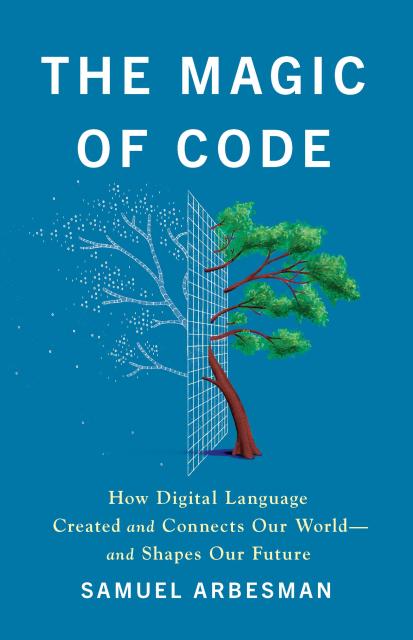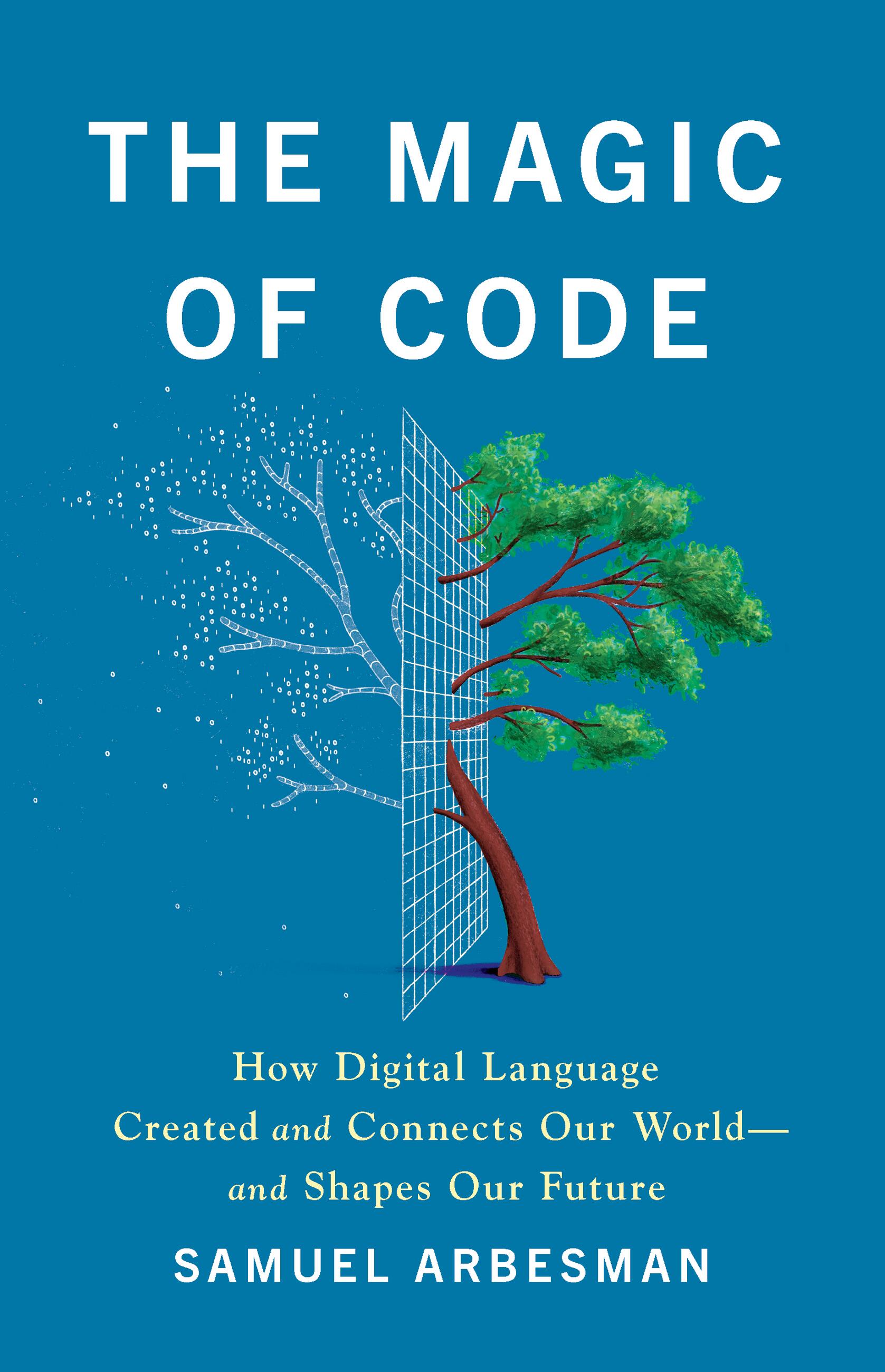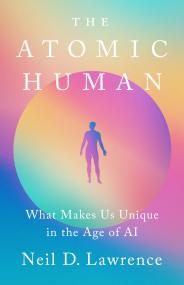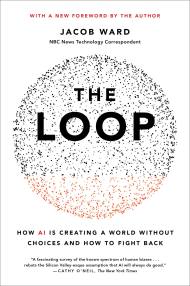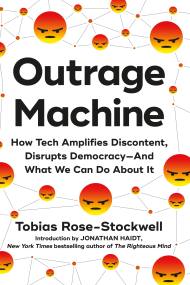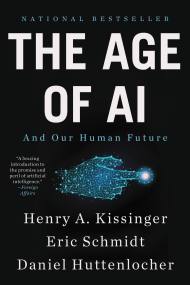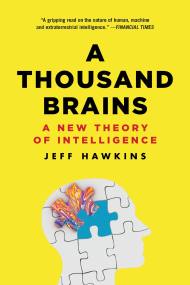The Magic of Code
How Digital Language Created and Connects Our World—and Shapes Our Future
Contributors
Formats and Prices
Price
$30.00Price
$40.00 CADFormat
Format:
- Hardcover $30.00 $40.00 CAD
- ebook $18.99 $24.99 CAD
- Audiobook Download (Unabridged) $27.99
Also available from:
In the digital world, code is the essential primary building block, the equivalent of the cell or DNA in the biological sphere—and almost as mysterious. Code can create entire worlds, real and virtual; it allows us to connect instantly to people and places around the globe; and it performs tasks that were once only possible in science fiction. It is a superpower, and not just in a technical sense. It is also a gateway to ideas. As vividly illustrated by Samuel Arbesman, it is the ultimate connector, providing new insight and meaning into how everything from language and mythology to biblical texts, biology, even our patterns of thought connect with the history and nature of computing.
While the building block of code can be used for many wondrous things it can also create deeper wedges in our society and be weaponized to cause damage to our planet or our civilization. Code and computing are too important to be left to the tech community; it is essential that each of us engage with it. And we fail to understand it at our peril.
By providing us with a framework to think about coding and its effects upon the world and placing the past, current, and future developments in computing into its broader setting we see how software and computers can work for people as opposed to against our needs. With this deeper understanding into the “why” of coding we can be masters of technology rather than its victims.
- On Sale
- Jun 10, 2025
- Page Count
- 320 pages
- Publisher
- PublicAffairs
- ISBN-13
- 9781541704480
Newsletter Signup
By clicking ‘Sign Up,’ I acknowledge that I have read and agree to Hachette Book Group’s Privacy Policy and Terms of Use
